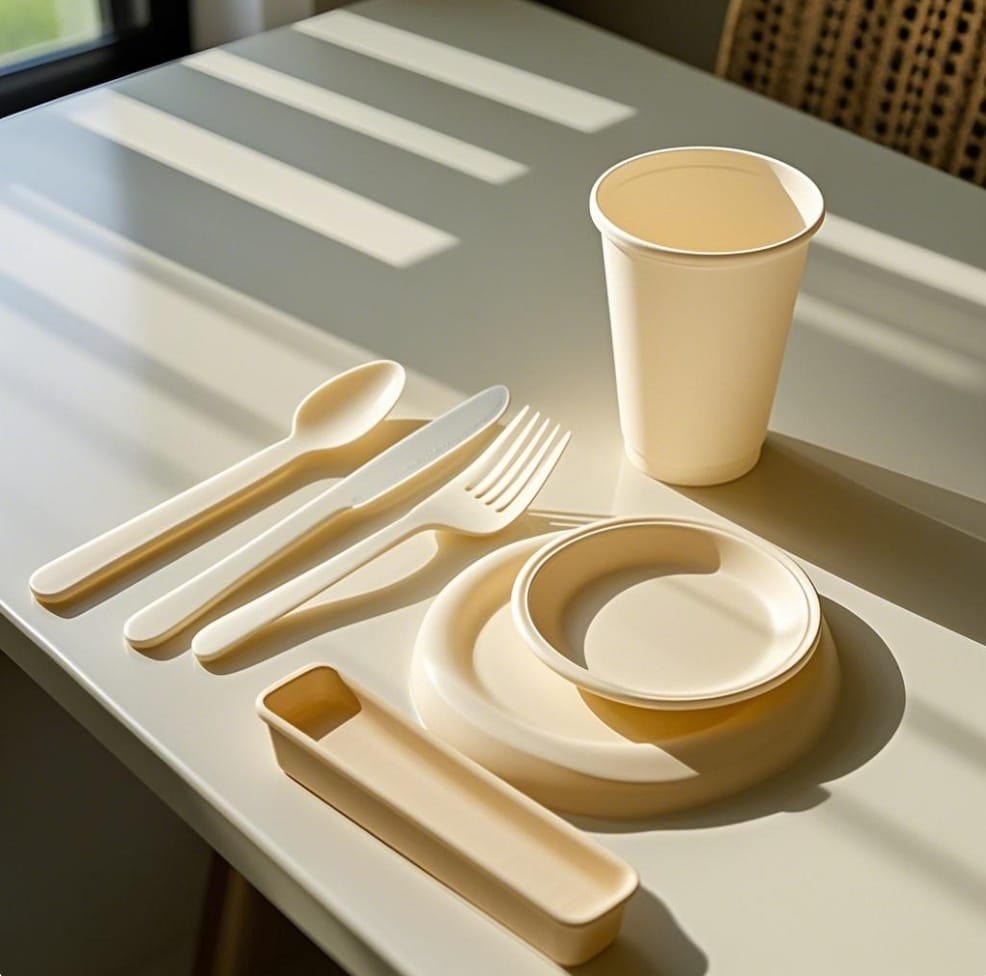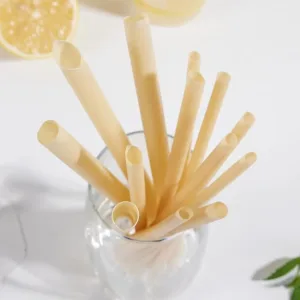As sustainability takes center stage, businesses are turning to PHA-coated disposable tableware as a greener alternative to plastic. Polyhydroxyalkanoates (PHA) are biodegradable biopolymers that offer a compostable solution for single-use products like cups, plates, and cutlery. With increasing regulations on plastic waste and rising consumer demand for eco-friendly options, PHA coatings are gaining traction in the food packaging industry. This article explores their advantages, challenges, and market potential.

The Growing Market for PHA-Coated Tableware
Governments worldwide are enforcing stricter regulations on plastic waste, pushing industries to adopt greener alternatives. Consumers are also actively seeking sustainable products, increasing demand for plastic-free options. As technology advances, this natural polymer-based coating is becoming more accessible and cost-effective, making it a strong contender in the future of food packaging.
Key Market Trends:
-
Regulatory Pressure on Plastic Waste
Many countries are implementing bans on traditional plastic packaging, promoting biodegradable alternatives. -
Shifting Consumer Preferences
More consumers are choosing sustainable products, encouraging businesses to adopt compostable tableware. -
Technological Advancements in Biopolymers
Improved production processes are making these coatings more durable and affordable. -
Corporate Sustainability Goals
Leading food and beverage brands are investing in compostable packaging to align with environmental commitments.
Advantages of This Sustainable Coating
-
100% Biodegradable & Compostable
Unlike conventional plastic coatings, this material naturally decomposes in soil and water, leaving no harmful residues. -
Safe for Food Contact
Free from toxic chemicals, it ensures safety for consumers and is ideal for food service applications. -
Superior Heat and Water Resistance
It provides strong protection against moisture and grease, making it suitable for both hot and cold foods. -
Compatible with Various Composting Systems
It can break down in both industrial and home composting environments, offering flexible disposal options. -
Supports a Circular Economy
Derived from renewable resources, this material reduces dependence on fossil fuels and promotes sustainable production.

Challenges and Considerations
-
Higher Production Costs
Manufacturing remains more expensive than traditional plastic coatings, affecting pricing. -
Limited Availability
Large-scale production is still developing, making widespread adoption slower. -
Recycling and Waste Management Issues
While compostable, proper disposal infrastructure is not yet widely available in all regions. -
Durability Concerns in Extreme Conditions
Although strong, it may not match the longevity of synthetic alternatives in certain environments.
Future Outlook
Despite some challenges, this biodegradable coating is set to revolutionize the disposable tableware industry. As production scales up and technology improves, costs will decrease, making it a more viable option. The global shift toward sustainability will continue driving demand, ensuring a bright future for eco-friendly food packaging.


